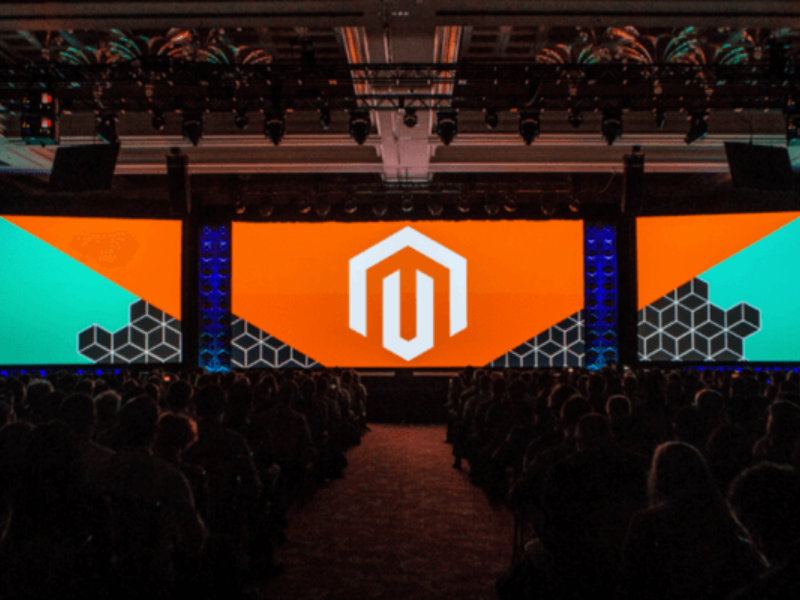
Magento 1 End of Life 2020: What does this mean for retailers?
So, the news is out. Magento 1 will stop being supported at the end of June 2020. With over 250,000 retailers using Magento Commerce worldwide, the question is, what do they do now?
Magento 1.9 was initially released in 2014. For an open-source product to receive security updates 6 years after release is impressive, particularly given the gargantuan investment that has also been made into Magento 2 during the same period. Credit should also go to Magento for meeting the commitment they made in May 2017 to give 18 months notice for the end of support.
There are many merchants that are still excelling on their current Magento 1 implementations. For those sites built a few years ago, it’s good to know that there’s at least 18 months worth of value to be gained and maximising the return on investment. At the same time, the clarity of the notice means that merchants can make a business plan and put in place a schedule for the migration to a new platform prior to June 2020.
With Magento 2.3, there’s never been a better time to upgrade. For all the details, view the presentation from this year’s Magento Imagine conference.
Another important part of this announcement that merchants should be aware of, is upgrading to a newer version of PHP. The latest supported version for Magento 1 is PHP 5.6 but security support ends for this on 31st December 2018. For that reason, merchants need to upgrade to a newer version of PHP. Many are already running on PHP 7.0 by way of a great open-source contribution from Inchoo. However, the security support also ends for this soon, so Inchoo are working with Magento for an official patch to make Magento Open Source 1 compatible with PHP 7.2. This is expected before the end of 2018.
Note that even once this patch for PHP 7.2 support is released, this only adds compatibility to the core platform. All extensions and custom code will need to be reviewed and any incompatibilities with PHP 7.2 resolved. Naturally, the size of this task scales with the size of store and the number of incompatibilities found. As the whole store will need testing multiple times, in addition to making infrastructure changes, significant time should be set aside. Given the short-deadlines, it would be wise to get started on this as soon as the patch from Magento is available.
While Magento has announced extended security support for older versions of Magento 1 (1.5-1.8), it’s not clear that the PHP 7.2 compatibility patches will be available for them. This may be another reason to upgrade to at least 1.9 to benefit from these updates.
With all of this in mind, unsurprisingly many merchants will be thinking of migrating to Magento 2. Whilst Magento’s announcement makes it clear that you don’t need to make this happen immediately, remember that embarking on a major replatforming project takes time, and consumes resource, as business needs are identified. Now is definitely a good time to start the conversation, and the team at Space 48 are ready and willing to help merchants along what will undoubtedly be a challenging, yet ultimately rewarding, journey.
In summary:
- Consider upgrading to Magento 1.9 if you haven’t already.
- Prepare for PHP upgrade before the end of the year.
- Create a plan for when a new website would need to be live prior to June 2020 and work back from that to know when you should get started. Add plenty of buffer!
- When it’s time to review the platform, read our guide.
If you’d like advice focused on your business and your needs, you can get in touch here or call us on 0161 710 3740.





